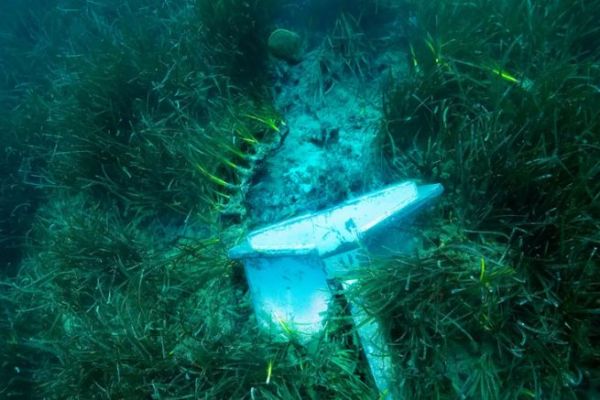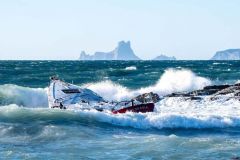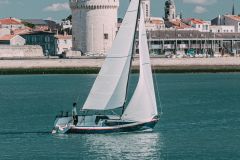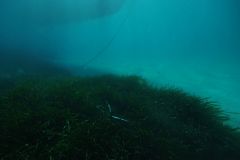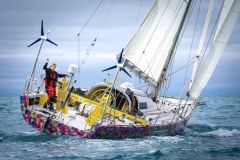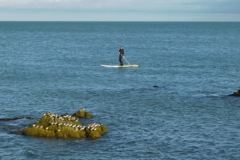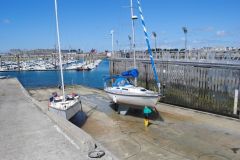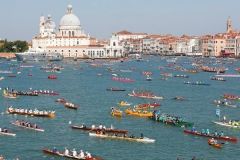Recognition of unprecedented ecological damage in the Mediterranean
On November 22, 2024, the Marseille Maritime Court handed down a decisive verdict, condemning two yacht captains for illegally anchoring in prohibited areas in the Mediterranean. These judgments, which include both criminal and civil penalties, establish for the first time a body of case law on the ecological damage caused by the destruction of Posidonia meadows.
The challenges of protecting Posidonia meadows
Posidonia meadows, the lungs of the sea, play a crucial role in marine ecosystems. Their ability to fix carbon, stabilize the seabed and harbor unique biodiversity makes them a key ecosystem. Since 2019, prefectoral decrees have strictly regulated anchorage zones to protect these fragile habitats. However, non-compliance with these zones remains a major problem, as shown by the recent cases of the yachts Take Off (38 m Sunseeker) and My Falcon (51.80 m Benetti).
The charges against the Take Off and My Falcon yachts
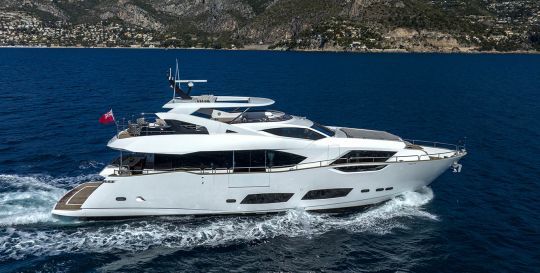
Between June 2021 and September 2023, Take Off anchored three times in protected areas near Cannes and Saint-Tropez, while My Falcon broke the same rules in June 2023. These actions led to criminal convictions, with fines of ?20,000 and ?15,000, as well as temporary navigation bans for Take Off. These sanctions are designed to discourage harmful practices in sensitive areas.
Assessing ecological damage
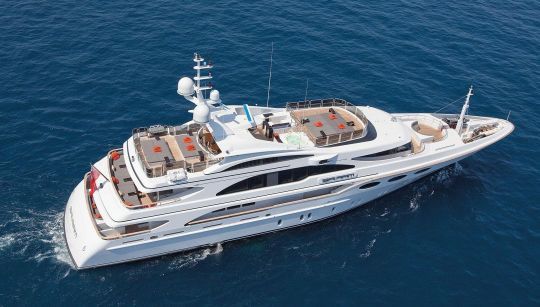
At the civil hearing, the Tribunal assessed the ecological damage at 86 537 ? for Take Off and 22 423 ? for My Falcon. These sums will be paid to the Agence de l'Eau Rhône Méditerranée Corse to finance projects for the ecological restoration of Posidonia meadows. The principle of presumption of damage, retained by the court, is based on the proven environmental impact of the anchors on these protected areas.
The importance of environmental associations in this battle
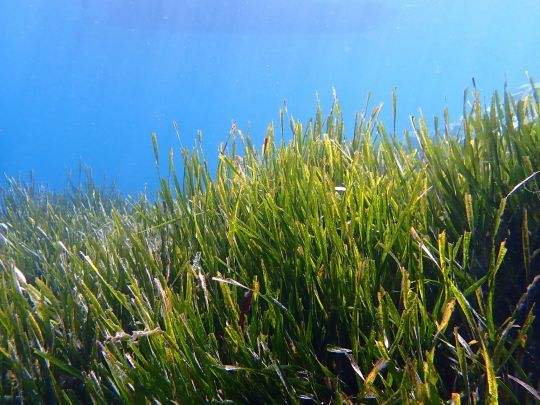
France Nature Environnement and the Ligue de Protection des Oiseaux (Bird Protection League) played a pivotal role by filing civil suits. Their action led to recognition of the right to compensation for ecological damage, reinforcing their legitimacy in the protection of marine ecosystems. This decision paves the way for further similar actions to preserve marine biodiversity.
Towards case law for the protection of marine ecosystems
By establishing the liability of captains, the court is sending out a strong signal to the boating community. Compliance with regulated anchorage zones is imperative to avoid similar sanctions. This jurisprudence could encourage other jurisdictions to adopt a strict stance on environmental infringements, thus promoting better management of marine areas.

 /
/ 